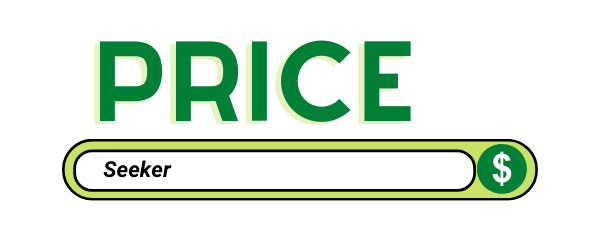Have you ever experienced a financial crisis, stared at one or relieved a friend from this mess? Whether it affected you directly or indirectly, it is always an ugly situation that nobody wishes to find themselves in.
A financial crisis often hits unexpectedly, thus leaving many people stressed in the dark. However, the intensity of damage depends on your financial plan on how economically prepared you are to face the toughest of situations when they arise. It can hit when you lose a job, face an unexpected medical emergency or when raging natural calamities strike. Read through this article to get an insight into how well you can prepare to avoid a personal financial crisis.
Create a Budget
Creating a budget and sticking to it is an excellent way to avoid a financial crisis. It helps avoid many things like; uncontrolled spending, which would cause a lot of financial stress and make it difficult for one to achieve one financial goal. The budget should be all-inclusive and detailed. This ensures your comfort but at the same time controls your monthly spending, thus saving you money.

Identifying the Problem
There are several avoidable things that can lead to a financial crisis. These problems and financial mistakes are easily identifiable and solvable. For instance, if a drinking spree has ever lead you to an unprecedented financial crisis, control your drinking and solve the problem. It’s that simple! This is the easiest and most logical way of avoiding a financial crisis.
Having a Savings Account
Having a savings account and saving diligently is an excellent financial crisis mitigation plan. If you have money set aside for emergencies, you have a safety net if something unexpected happens. It also gives you economic freedom to try new things and invest in whatever projects you think are viable and profitable. To avoid the feeling of helplessness and regret that hits you after a financial crisis, develop a logical savings plan that can cushion you in bad times.
Having More than One Point of Income
If someone gets unemployed and loses their job, they lose their source of income, hence getting into a financial crisis in which they no longer have enough money to pay their bills. However, with some forethought plans, you may be able to avoid the negative consequences.
Having different sources of income can be advantageous during uncertain times. Luckily, because of technology, there is a wide range of possible side hustles that are flexible enough to fit into your current schedule, E.g. writing blogs, freelancing, Uber driving, etc.
Find Alternatives to Spending Money
You must have a plan before spending any money to keep your budget in check. This is a mistake that we all make when spending money: you get into a supermarket, see something that impresses your eyes, and the decision is final “I am buying it.” This is a very unnecessary expenditure that you should avoid at all costs.
Moreover, instead of paying for everything, you can choose to go for free stuff or less cheap things to save money. For instance, taking friends to an expensive restaurant for diner on your birthday can be very expensive. You can choose to make it unique by taking them to a museum or park.
Avoid Impulse Buying
Buying a $5 item on sale for $4 isn’t a $1 savings if you didn’t need the item, to begin with. It’s spending$4 unnecessarily. And it may not have been an authentic sale.
In conclusion, when anticipating or experiencing a personal financial crisis, the main lesson is not to ignore the problem and hope it goes away. It will never happen on its own. To avoid a personal financial crisis, plan ahead of time, build a solid financial foundation, and be willing to make sacrifices.












